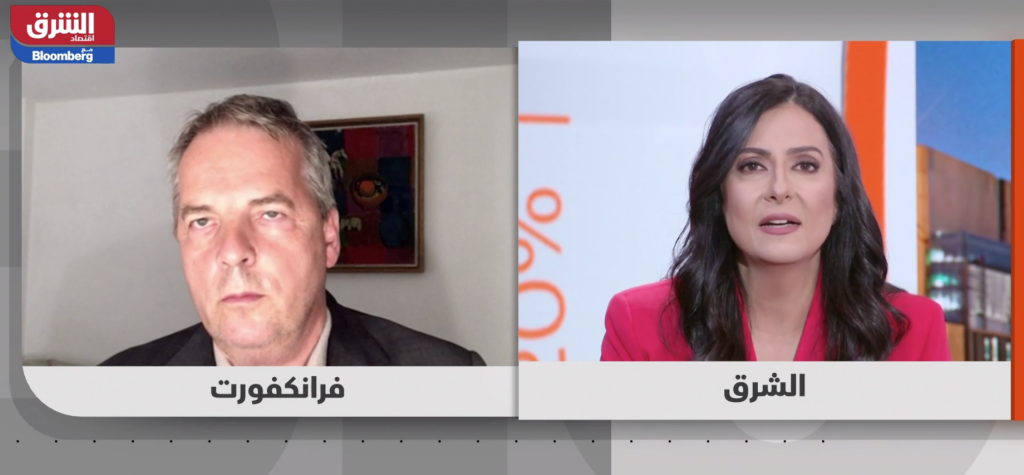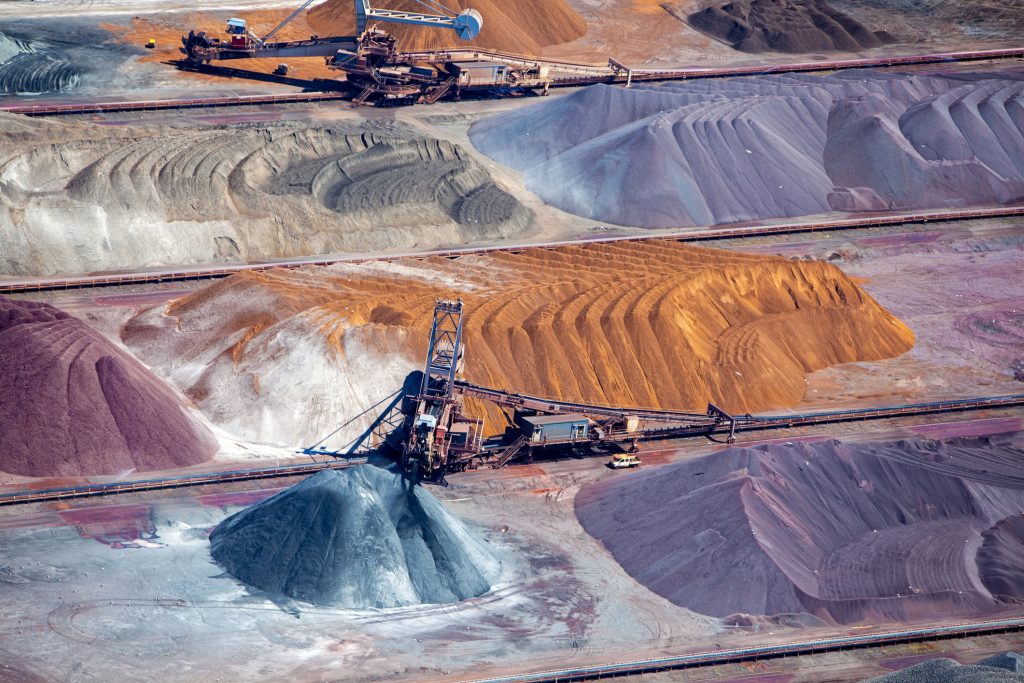In this interview given to Zeina Soufan from Asharq Business Bloomberg, Christof Rühl, member of the Advisory Board of Crystol Energy and a Senior Fellow at the Harvard Kennedy School and the Center on Global Energy Policy at Columbia University, commented on Saudi Aramco‘s plans to sell more stakes in its assets and OPEC+’s policy for the way forward.
Saudi Aramco will only sell part of its stakes in selected assets for several purposes. The main driver is to attract foreign investment, and in turn increase the technical knowledge provided by these foreign entities. Other drivers could be strategic and include selling assets to selected countries around the world.
Oil companies focus on future investments to increase production capacity for their long-term growth. In a low-price environment, investments are scarce, and companies, instead, shift their focus towards securing market share. A good return to investors from projects requires a high degree of competence to operate assets along the entire petroleum value chain, indicating that Aramco’s step to sell assets to foreign entities has been wise so far.
Commenting on the International Energy Agency (IEA)’s statement that oil investments should be halted, Christof argued that the agency used this statement as a roadmap for the world to reach Net Zero by 2050, not what will necessarily happen in reality. In the same report, the IEA mentioned that the energy transition will lead to a higher market share for OPEC and with it a need for additional capacity investment.
The world after April 2020 is different for the oil markets. After the shock in demand caused by Covid-19, OPEC+ reacted swiftly to salvage prices by curtailing production and will continue to do so. This strategy will be valid as long as there is an expected growth in oil demand in the years to come. However, the rationale and dynamics will change in a shrinking market. Big oil producers will instead try to secure a bigger market share for their exports which could translate into a tougher competition between players and consequently a lower price environment. This is why we are seeing an increase in investment in production capacities in both the UAE and Saudi Arabia for example.
Christof concluded that the dispute between the UAE and Saudi Arabia will create uncertainty in the markets, which enables OPEC to stay in the driving seat for a longer period. Eventually, the dispute will be resolved as it is in the interest of both countries.
Related Comments
“Global Economy and Energy Markets Weekly Commentary – 11th Jul ’21“, Christof Rühl, Jul 2021
“UAE-Saudi infighting over production quotas“, Dr Carole Nakhle, Jul 2021
“The way forward for OPEC+“, Dr Carole Nakhle, Jul 2021









